The troubled history of Pakistan’s blasphemy law
Asia Bibi’s story might finally have a happy ending but many in Pakistan still live in fear of being accused of blasphemy, a ‘kiss of death’ that guarantees a life of unrelenting violence and persecution. Alia Shoaib reports
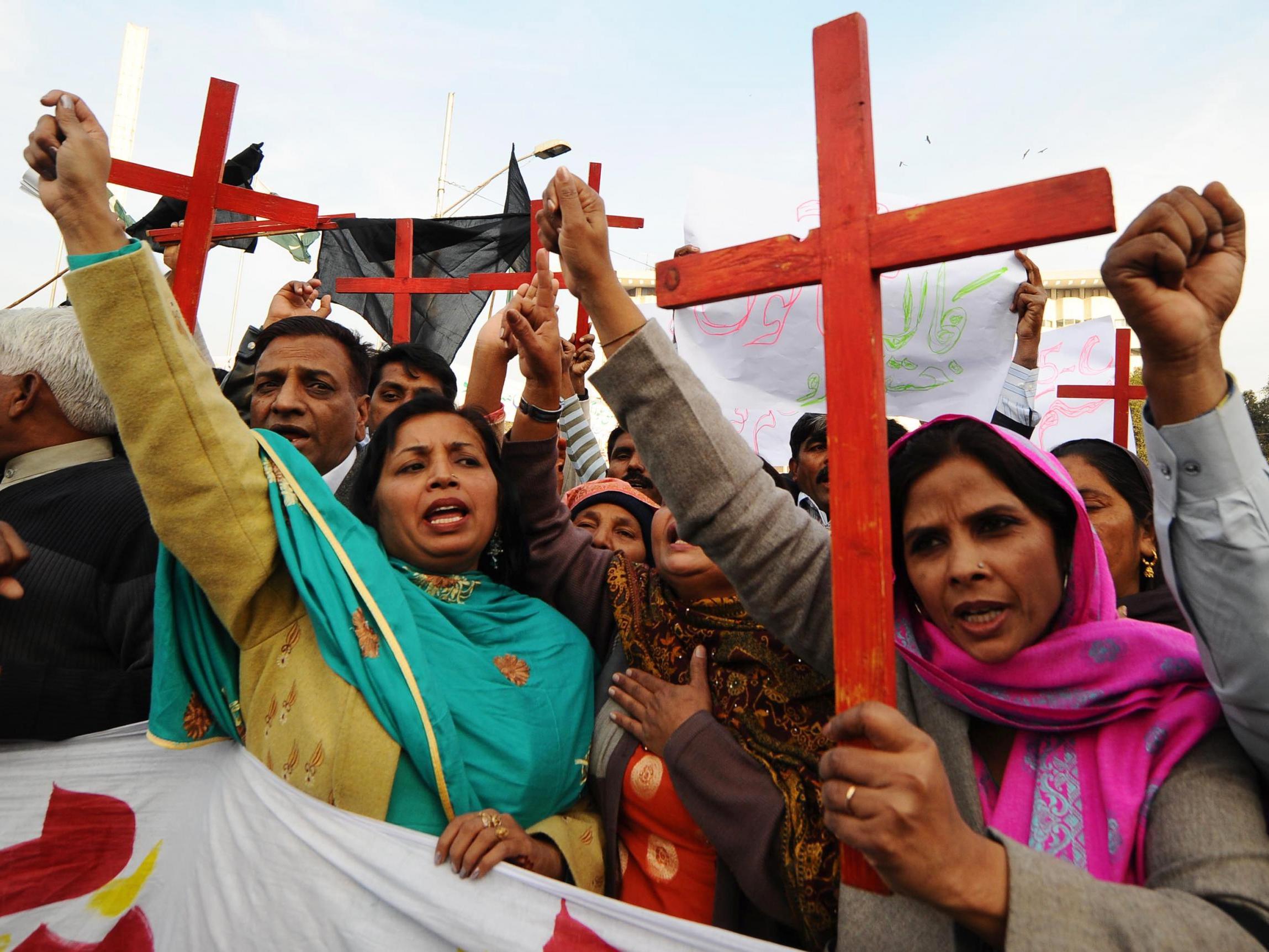
On 4 January 2011 Salmaan Taseer, the governor of Punjab in Pakistan, was walking through Kohsar Market in Islamabad when he was shot 27 times by one of his own bodyguards, Mumtaz Qadri. Qadri then calmly handed himself in to his colleagues, and as press arrived smilingly told the cameras that he had killed Taseer because he was a blasphemer.
Taseer’s crime had been advocating for clemency for Asia Bibi, a Christian farm labourer who had been accused of blaspheming against the Prophet Muhammad after a squabble with her Muslim neighbours. Under Pakistan Penal Code, the crime carries a mandatory death sentence.
Frenzy around the blasphemy law means that even those who question it, like Taseer, are labelled as blasphemous. Although the blasphemy law has long been a flashpoint in Pakistan, Bibi’s case sparked international outcry, with world figures, including the Pope, calling for her release.
She was finally acquitted by the Supreme Court in October 2018, having spent over eight years in solitary confinement. She resettled in Canada, and has now been offered political asylum in France. Finally breaking her silence in February, Bibi spoke to the BBC about her time behind bars and implored the Pakistani government to make sure blasphemy accusations are properly investigated and innocent prisoners are freed. Although her story had a merciful ending, many in Pakistan still live in fear of being accused of blasphemy – a kiss of death that guarantees a life of unrelenting violence and persecution.
Estimates suggest around 200 people in Pakistan are imprisoned for blasphemy, at least 40 of whom are on death row, and at least 60 have been killed by mobs after blasphemy accusations. These figures are just estimates, and likely on the low side.
Shaan, Taseer’s son, says we should be careful of complacency setting in now that Bibi is free. “Asia Bibi is the name that kept the cause alive. She was the burning torch. She was the poster girl. Since then there has been a lull on the issue around the world. That’s a very dangerous sign.”
The blasphemy law is so inflammatory in Pakistan because it cuts to the core of its very identity as a nation. Bibi’s case, and Taseer’s death, have galvanised two opposing forces that are constantly competing in the country – on the one hand, progressives that want to shape Pakistan into a moderate, secular state, and, on the other hand, Islamic conservatives for whom defending the blasphemy law is synonymous with defending Pakistan’s identity as an Islamic nation.
The law is regularly wielded against the most vulnerable in society, with the majority of blasphemy cases stemming from false accusations made to settle personal scores or persecute minorities.
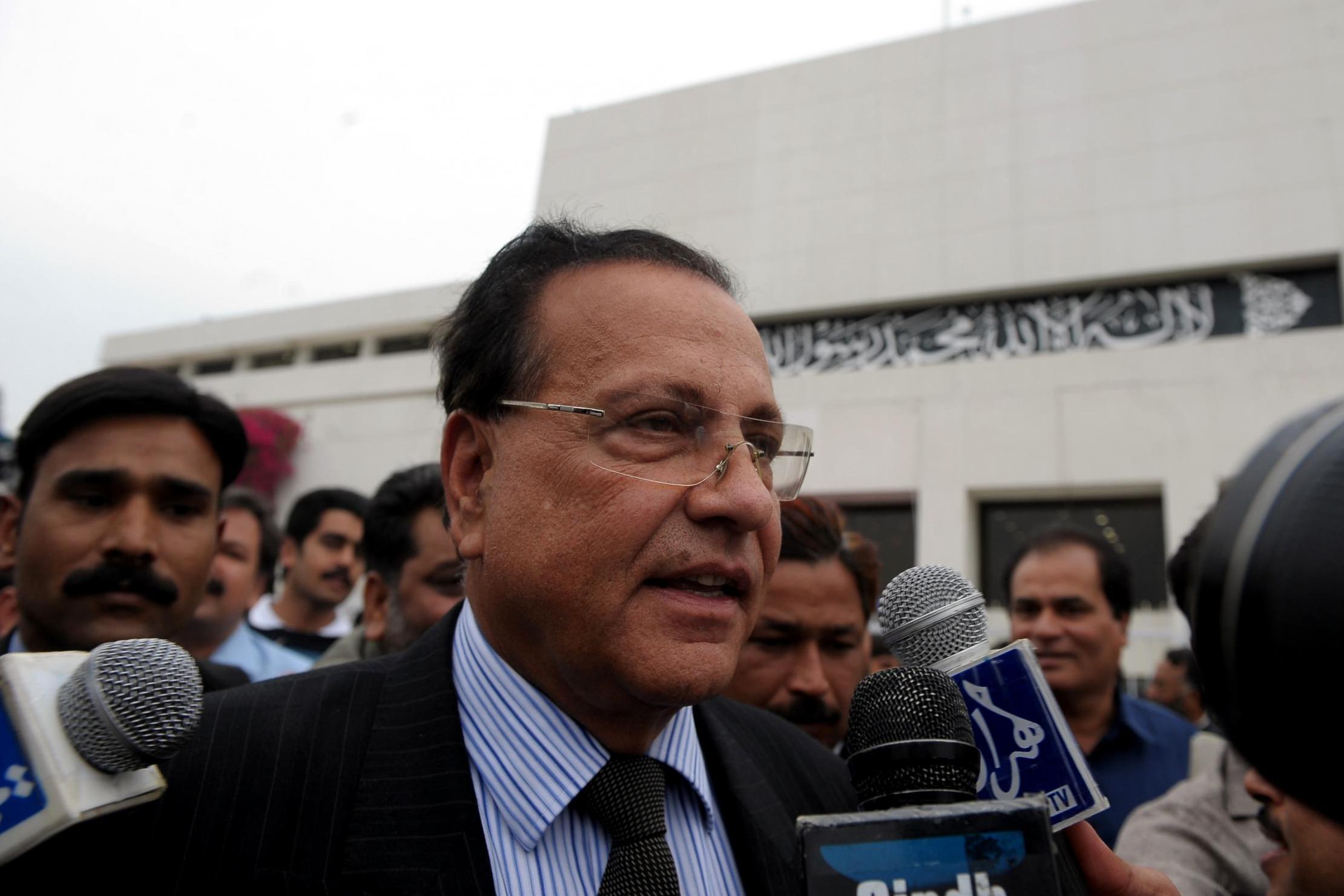
“It’s a bit of a tautology to ask how the blasphemy law is being abused. A blasphemy law can only be abused. It is designed to be abused,” says Shaan. “The whole idea of human rights is to protect individuals. Now, when you talk about a blasphemy law, you’re protecting an idea. You’re protecting certain ideas or certain concepts from being aggressed and letting human beings be aggressed.”
Although no one has actually been executed by the state for blasphemy, those accused are ensnared in an inefficient legal system that is often stacked against them. The lower courts return guilty verdicts 99 per cent of the time, partly due to pressure from violent mobs led by Islamic extremists. Appeals in the High Courts typically take several years. Those accused of blasphemy are often killed extrajudicially. The mere whisper that someone has blasphemed is capable of inciting violent mobs to kill their neighbours and burn towns to the ground.
Nestled on the outskirts of Lahore, off the side of a busy motorway, is a dusty enclave called Youhanabad. The streets teem with watermelon sellers and donkey carts, and laughing children run barefoot on hot tarmac under the unforgiving sun. It doesn’t look any different to other parts of urban Pakistan, save for a few benign clues – a large white cross painted on the brick entryway, a bible shop, faded posters advertising an annual Christian convention.
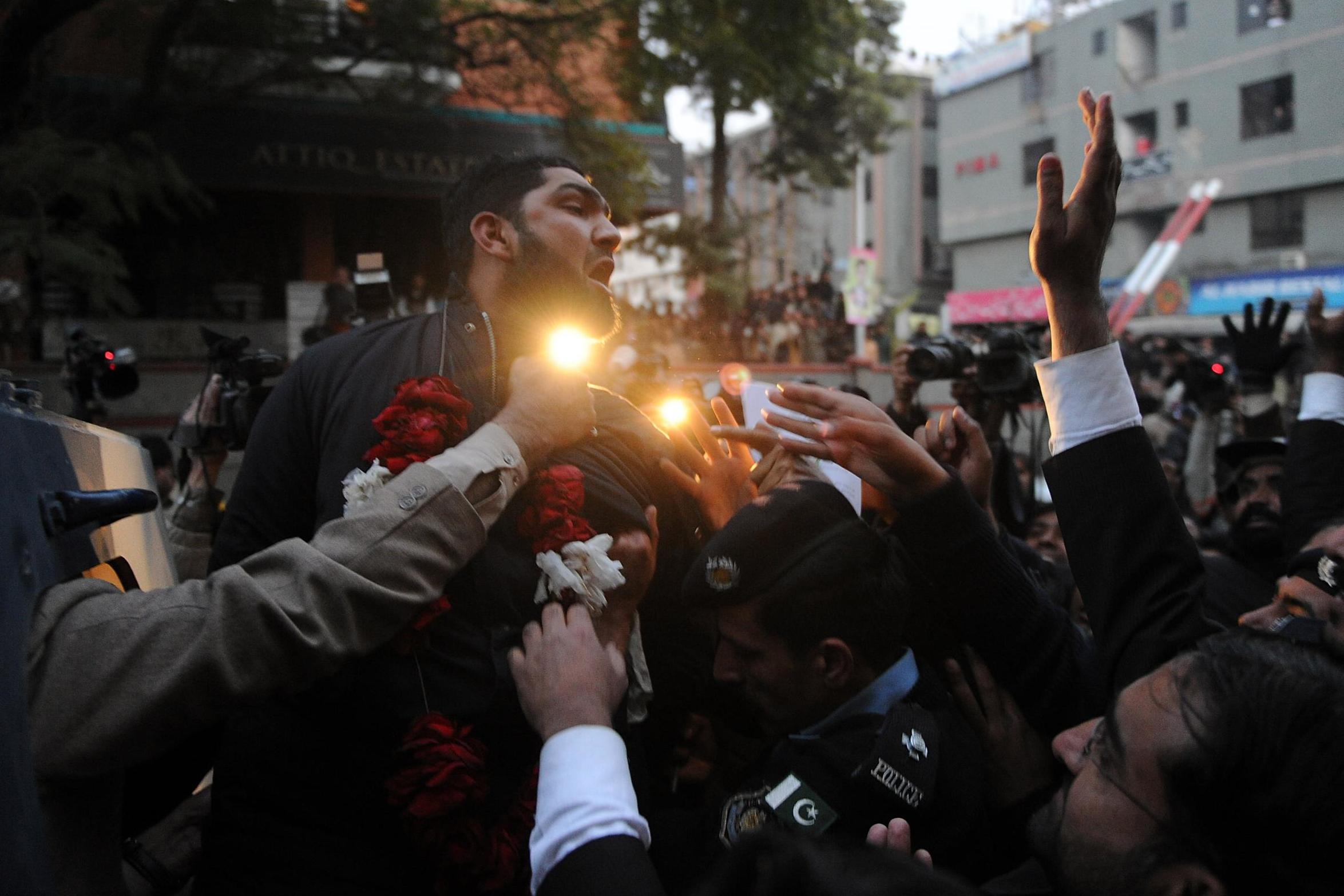
The vast majority of Christians in Pakistan live in the province of Punjab, and Youhanabad is the most densely populated Christian neighbourhood in the country. Strength in numbers helps them feel safer from persecution, but the area has been a frequent target for terrorist attacks and mob violence over the years.
One of the residents is Napolean Qayyum, a Christian human rights activist who has worked on many blasphemy cases. A small room with concrete walls that serves as an office is attached to his house. It is stiflingly hot; one small fan whirs overhead. Qayyum’s wife serves rounds of sugary tea.
The whole idea of human rights is to protect individuals. Now, when you talk about a blasphemy law, you’re protecting an idea. You’re protecting certain ideas or certain concepts from being aggressed and letting human beings be aggressed
A large picture of Taseer presides over the room. But the most notable feature is a large board displaying images of jovial gatherings interspersed with gory images showing bloody heads and bodies on stretchers. They show the violence that pervades the lives of the Christian community in Pakistan. Some images document those accused of blasphemy, others victims of church bombings.
Since the more punitive laws were introduced in the 1980s, 1,549 people have been charged with blasphemy, according to data from the Lahore-based Centre for Social Justice. Of these, 720 were Muslims, 516 were Ahmadis, 238 were Christian, 31 were Hindu and 44 of unknown religion. While the vast majority of the accused are Muslim, the law is disproportionately used against religious minorities; the population of Pakistan is roughly 96 per cent Muslim and 1.5 per cent Christian.
Note: When Indian people converted to Christianity, mostly a century or so ago, many took on the surname Masih, another name for Jesus. As a result, many Christians in Pakistan share the same surname, despite being unrelated.
Sitting in Qayyum’s office, Sajid Masih recalls how he and his cousin Patras became embroiled in a blasphemy row in 2018 after a dispute with a repairman. When Patras’s phone broke he took it to be fixed. According to Sajid, the repairman demanded an exorbitant sum, threatening to cry blasphemy if Patras did not comply.
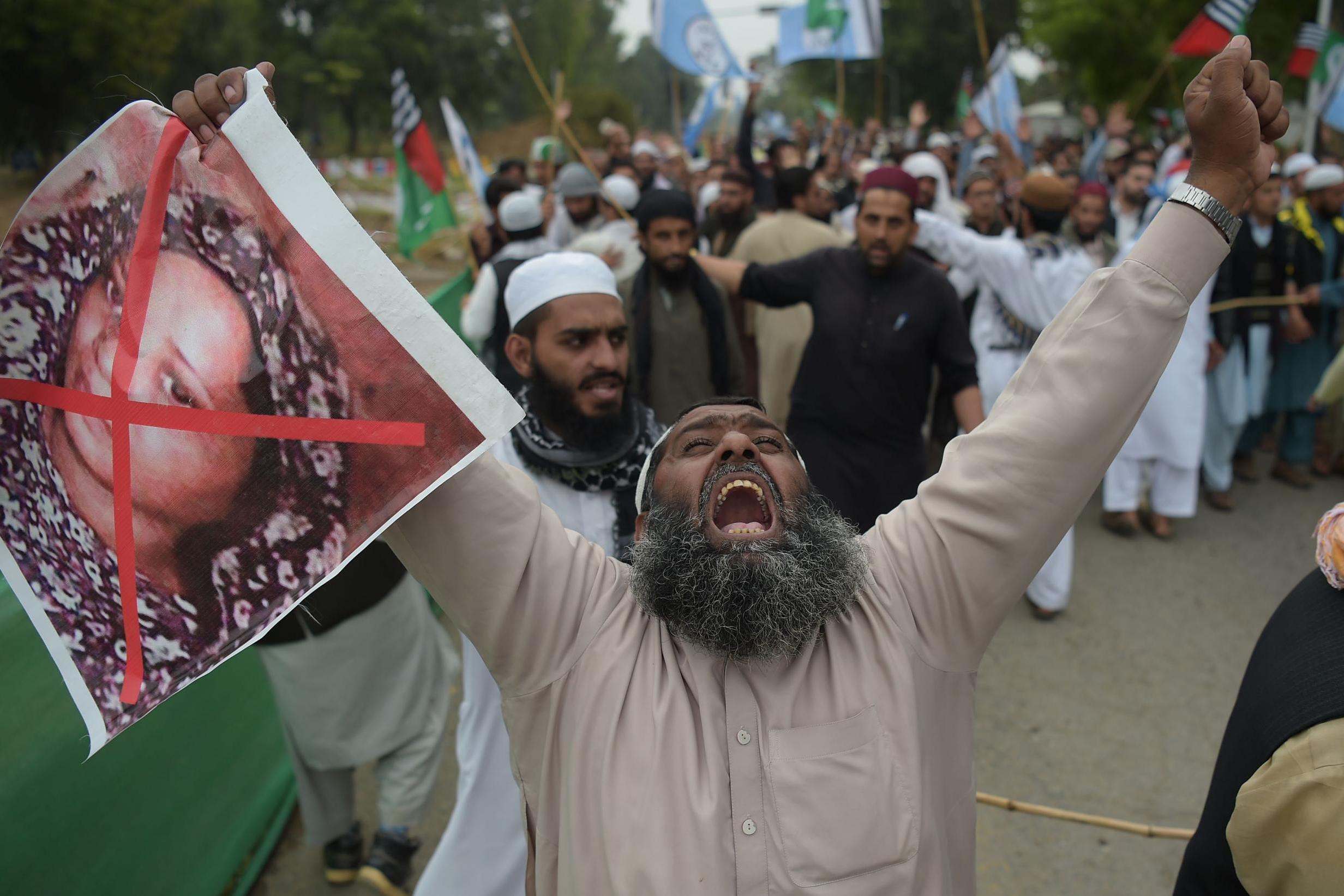
As with almost all blasphemy cases, there was some prior enmity – Patras had previously fought with the accuser’s brother over a cricket match. When he could not pay, the threat was carried through. Whispers of blasphemy began to spread. It was alleged that Patras had shared a blasphemous image involving Prophet Muhammad’s grave to a Facebook group (in recent years, social media has played a key role in blasphemy accusations. In 2017 Pakistan gained the dubious honour of becoming the first country in the world to sentence someone to death for a Facebook post).
As word spread of Patras’s alleged blasphemy, hundreds of angry villagers gathered around his home armed with kerosene cans, threatening to set the Christian neighbourhood alight if he wasn’t given up to them to be lynched. He fled the scene and handed himself in to the police. After the mob incident, around 800 Christian families fled the town. Over the years, several Christian neighbourhoods have been torched over blasphemy accusations.
Days after his cousin’s arrest, Sajid, also a member of the Facebook group, was called into the police station. According to Sajid, he handed in his phone for inspection upon arrival, but before examining it five officers began to viciously beat him and his cousin, claiming that they had committed blasphemy. Sajid says the abuse went on for four hours.
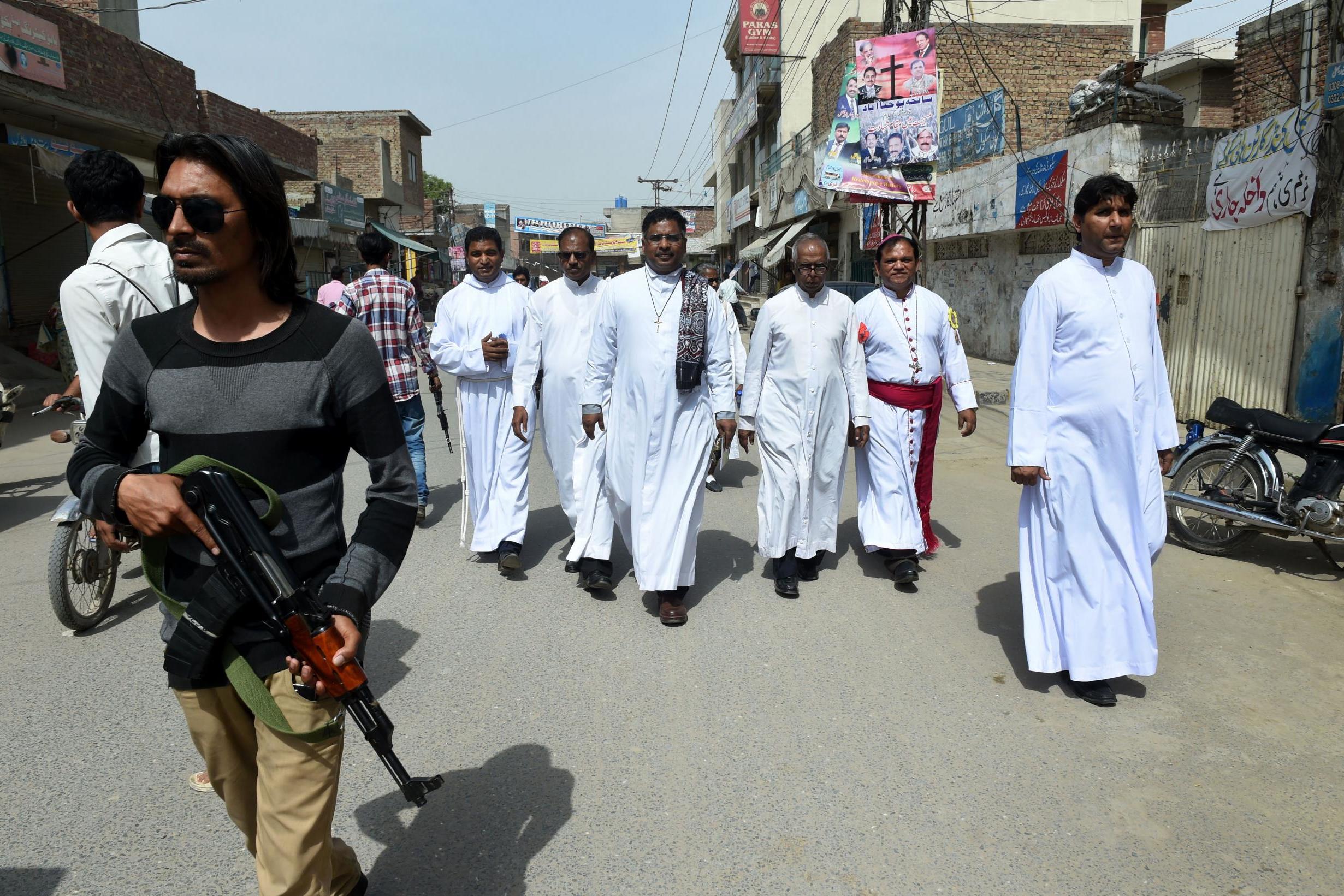
He claims the police told him: “We won’t leave you alive … This country doesn’t belong to you.” Then, they removed Patras’s trousers and told Sajid to perform a sex act on him. He refused, protesting that he was like his brother. Sajid says that in that moment he thought: “If I’m doing to die anyway, I won’t die having done this terrible thing.”
So, he jumped out of the fourth floor window. No one, least of all Sajid, expected that he would survive. He was rushed to hospital, with extensive injuries including broken legs, a broken jaw and fractured skull. Qayyum was one of the first on the scene. He says that the police officers, panicking that their misconduct would come to light if he died, even donated blood. Some of the photos on Qayyum’s pinboard are of Sajid after his fall, bloody and unconscious.
1,549
People have been charged with blasphemy since the 1980s
After a video of an injured Sajid recounting the abuse spread across social media, the police dropped the blasphemy charge. After a year of surgeries, his worst injuries have healed. He still walks with a limp, is missing a front tooth and bears a long white scar on his cheek. Despite his freedom, Sajid still lives in fear. He lives simply and anonymously, and has sworn never to use Facebook again. Yet Sajid’s story is unusual because he was let off without a blasphemy charge.
Unfortunately, Patras’s fate is far more common. He remains imprisoned, with his case making slow progress in the notoriously sluggish court.
“Intent is not an element of the crime, and recent years have seen cases brought against illiterate, mentally disabled, and teenage Christians,” says Farahnaz Ispahani, author of Purifying the Land of the Pure: Pakistan’s Religious Minorities.
Patras was just 17 at the time of the crime, and despite being a minor, he is being tried as an adult, which is typical in the Pakistani justice system.
15%
Of those were Christians
Nabil Masih’s case is very similar. In 2016 in the city of Kasur, the 16-year-old sweeper was accused of liking a Facebook image that was derogatory towards the Kaaba, the building at the centre of the Great Mosque of Mecca, and allegedly involved a severed pig’s head. Despite being a minor with no prior criminal record, the court denied him bail.
His father Amanat, a frail white-bearded man, says: “Nabil’s only crime was being illiterate.” Amanat visits his son regularly, in a jail an hour away, where he is kept in solitary confinement for his own safety. He mourns for his son’s youth, robbed by the flawed legal system.
Along with minors, mentally impaired people are often the targets of blasphemy accusations, such as Stephen Masih, who was arrested in March 2019. When he was a child, Stephen had typhoid fever that caused brain damage. According to his uncle, Shamim Akhtar, his mental impairment makes him prone to fits of anger, and he is often argumentative.
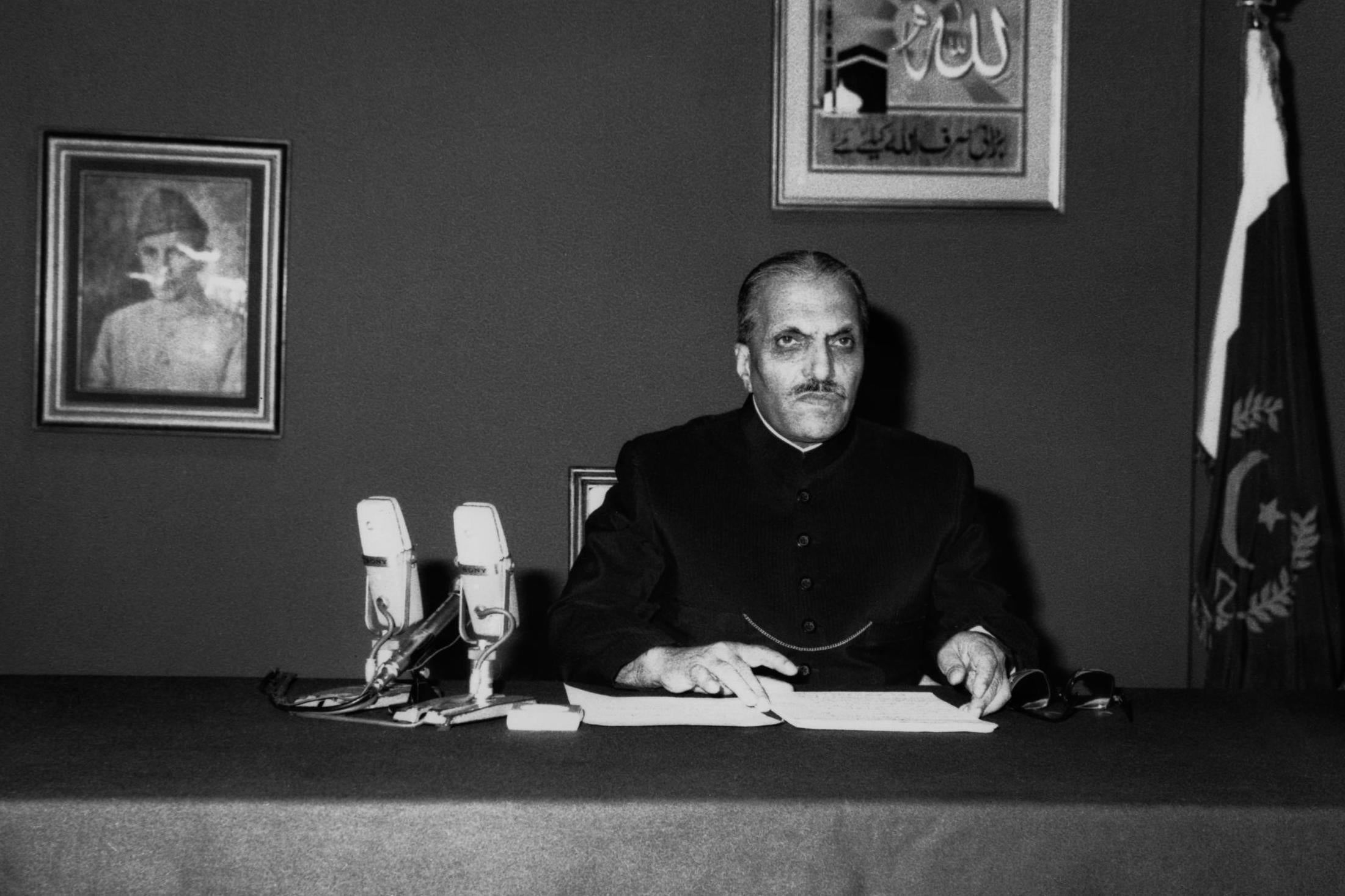
Stephen was arguing with his sister, “normal bickering between siblings”, Akhtar says, when their Muslim neighbours became involved. Soon a crowd gathered, dragged Stephen out of his home, beat him, and accused him of blasphemy. His family admits Stephen did lose his temper, but insists he said nothing blasphemous. Despite being mentally disabled, he is not treated any differently by the courts.
The blasphemy laws were born under British colonial rule in 1860, designed to maintain order among the many religions that lived in British India. The original laws criminalised acts such as insulting other religious beliefs or defiling places and objects of worship. In the 1980s, Pakistani military dictator General Zia-ul-Haq moved to Islamicise the laws, introducing several new ordinances including one outlawing blasphemy against Prophet Muhammad, known as 295C.
According to Shaan, the justice system’s first failure is the lack of clarity around what constitutes blasphemy, which allows the law to be misused. Section 295C reads: “Whoever by words, either spoken or written, or by visible representation or by any imputation, innuendo, or insinuation, directly or indirectly, defiles the sacred name of the Holy Prophet Muhammad (peace be upon him) shall be punished with death.”
“That law is essentially a very, very faulty law,” says Shaan. “It doesn’t define the crime, or it defines it so loosely and so broadly and so subjectively that anything can be interpreted as blasphemy.” Witnesses openly lie on the stand. An idiosyncrasy of the Pakistani justice system is that witnesses are not asked to swear on the Quran – because lying on the stand is such common practice, the courts do not want to risk bringing religion into disrepute.
“Eventually every victim of blasphemy is released,” says Shaan. “Because to punish someone by death, to hang someone, is almost inconceivable given the complete lack of evidence in such cases.” Many spend years in the system before being released, and not without suffering at the hands of violent mobs or the police.
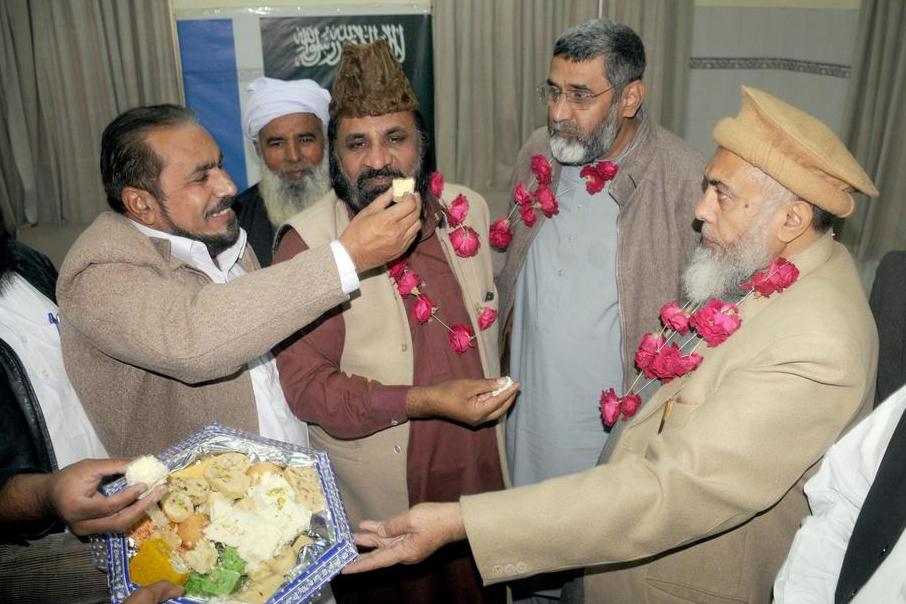
Sajid isn’t the only one to claim abuse in police custody. Younis Masih, who was acquitted of blasphemy after spending seven years in jail, says that while he was incarcerated he was beaten to the point that he couldn’t walk, and was then denied medical treatment. Even after acquittal, someone who has been accused of blasphemy is never truly free. The mere association turns them into marked men. “As for life on the outside,” says Younis. “I’m sometimes here, sometimes there. Always moving, always hiding in the shadows.”
Saleem Masih, who was acquitted of blasphemy in the 1990s, says he doesn’t feel safe and continues to move around. “None of my neighbours know who I am,” he says. He sometimes grows his beard, sometimes shaves it, changes his hairstyle often to avoid drawing attention to himself. “What kind of life is this?” he says. Looking at Taseer’s portrait in Qayyum’s office, Saleem tears up. “If this could happen to a governor, what chance do poor people like us have?”
It’s important to bear in mind that Muslims are the biggest victims of the blasphemy law. Cases are typically levelled against Muslims who express liberal views, and are often treated with even more venom than other religions as they are seen as traitorous. One of these people is Junaid Hafeez, a poet and academic languishing in jail for alleged blasphemy. After seven years in prison, a session court in Multan sentenced him to death in December.
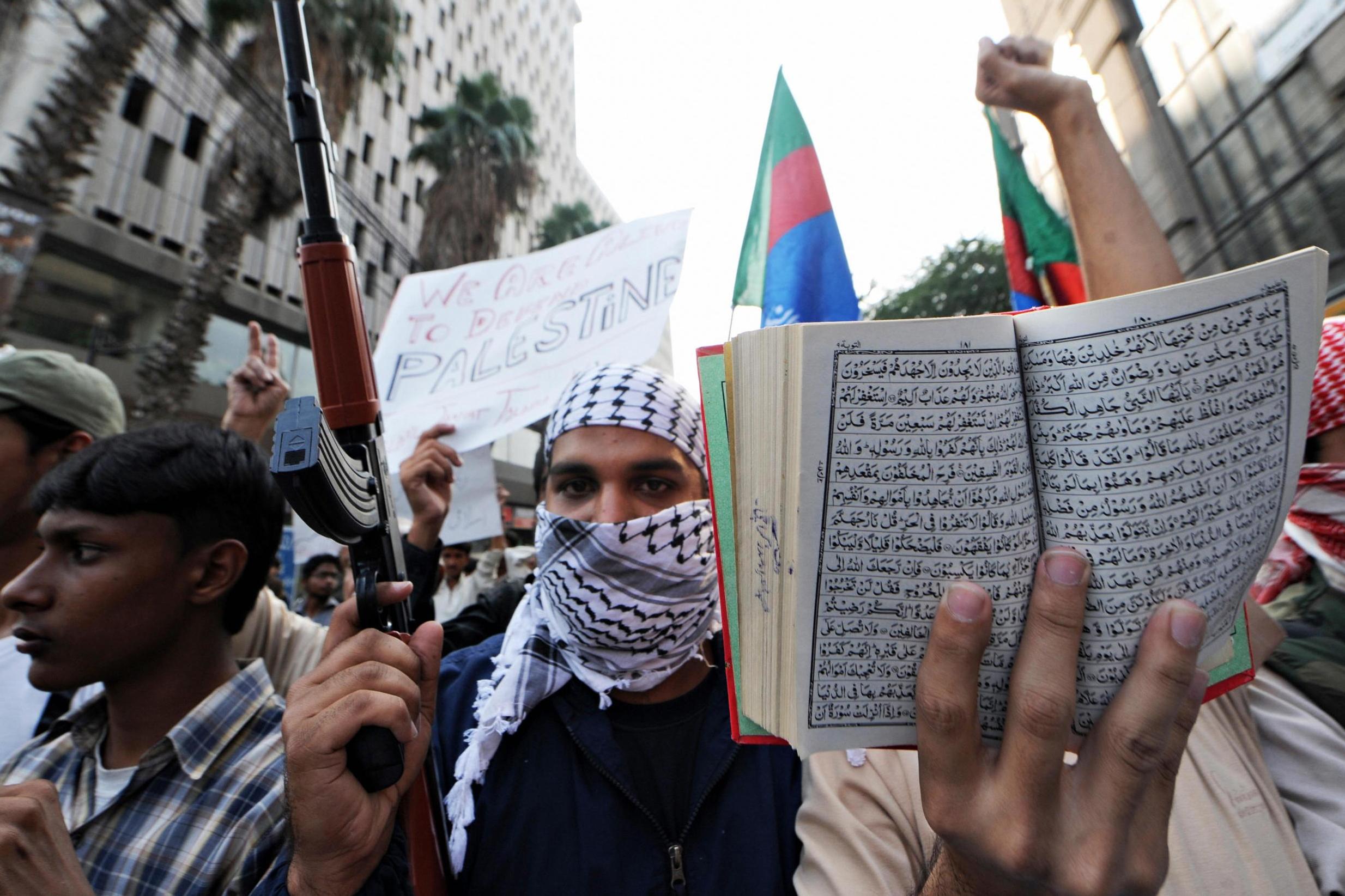
His father, Hafeez ul-Nasir, speaks proudly of his son, a Fulbright scholar with a passion for English literature. While working as a visiting lecturer at Bahauddin Zakariya University in Multan, Junaid became known as a liberal and intellectual thinker, often inviting women’s rights activists and authors as guest speakers. This aroused mistrust from conservative elements on campus, particularly the Jamaat-e-Islami, an Islamist political party with an active student wing.
The moulvis (Islamic scholars) have a lot of power with this instrument of mob violence. That’s why when my father wanted to cut the blasphemy law, they realised it was actually a power struggle, because their power was being threatened directly
When two professorial positions in the English department opened up, he set his sights on one. Jamaat-e-Islami did not want him to be chosen for the role. Junaid hesitated over applying, fearing the repercussions. “I told him to do it,” says his father. “I said they won’t kill you.”
Immediately, threatening calls started to pour in. “Just wait and see what happens to you,” they said. Soon, Jamaat-e-Islami started handing out flyers showing images of allegedly blasphemous Facebook comments about Prophet Muhammad’s wives, claiming that they had been made by Junaid using accounts under different names.
They whipped up over a hundred students to protest against him. He was expelled from the university and jailed in March 2013. He has been there ever since. Junaid adamantly denies posting the Facebook comments, and the accounts could never be linked to him.
Despite the weakness of the prosecution’s case, his trial stalled for seven years; changed hands between nine judges and countless defence lawyers who were openly intimidated in court – one even killed for defending him. In 2014 the prosecution lawyer threatened defence lawyer Rashid Rehman in the courtroom, telling him to drop the case. He warned that if Rehman continued, he would not be at the next hearing. He was shot dead in his office days later, and no one was ever charged for his death.
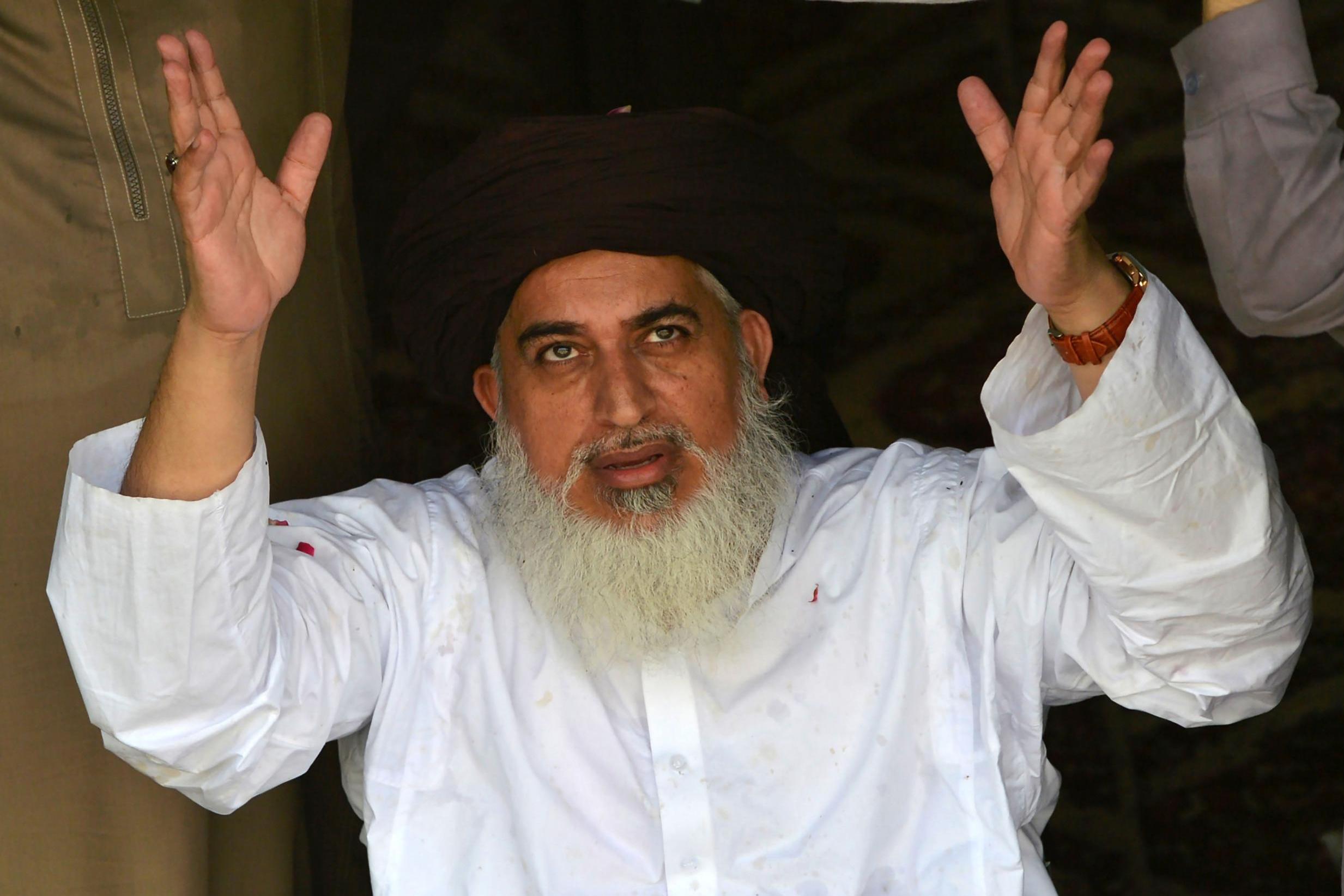
Junaid’s case can now be appealed in the Lahore High Court, where there is a greater chance for appeal. But it will be an uphill battle that could take many years. Nasir’s voice cracks as he talks about his son. “He is a good Muslim,” he says. He explained that his son had been on Hajj before, the annual Islamic pilgrimage to Mecca, and he himself had been six times.
He visits his son regularly, armed with new books and his favourite foods. Junaid still loves to read, and voraciously consumes all the books his father brings. After six years in solitary confinement, put there for his own protection, Nasir says his son’s memory is starting to fail him. “He’s become forgetful,” he says. The courts have undoubtedly failed Junaid, but being stuck in the justice system is a better outcome than that of Mashal Khan, a student at Abdul Wali Khan University in Mardan, who was accused of blasphemy and brutally lynched by his fellow students.
Taseer’s death effectively silenced any movements to amend the blasphemy law, at least outwardly. “Although the law is man-made, it is presented as a law made by God that humans cannot alter or question,” says Ispahani.
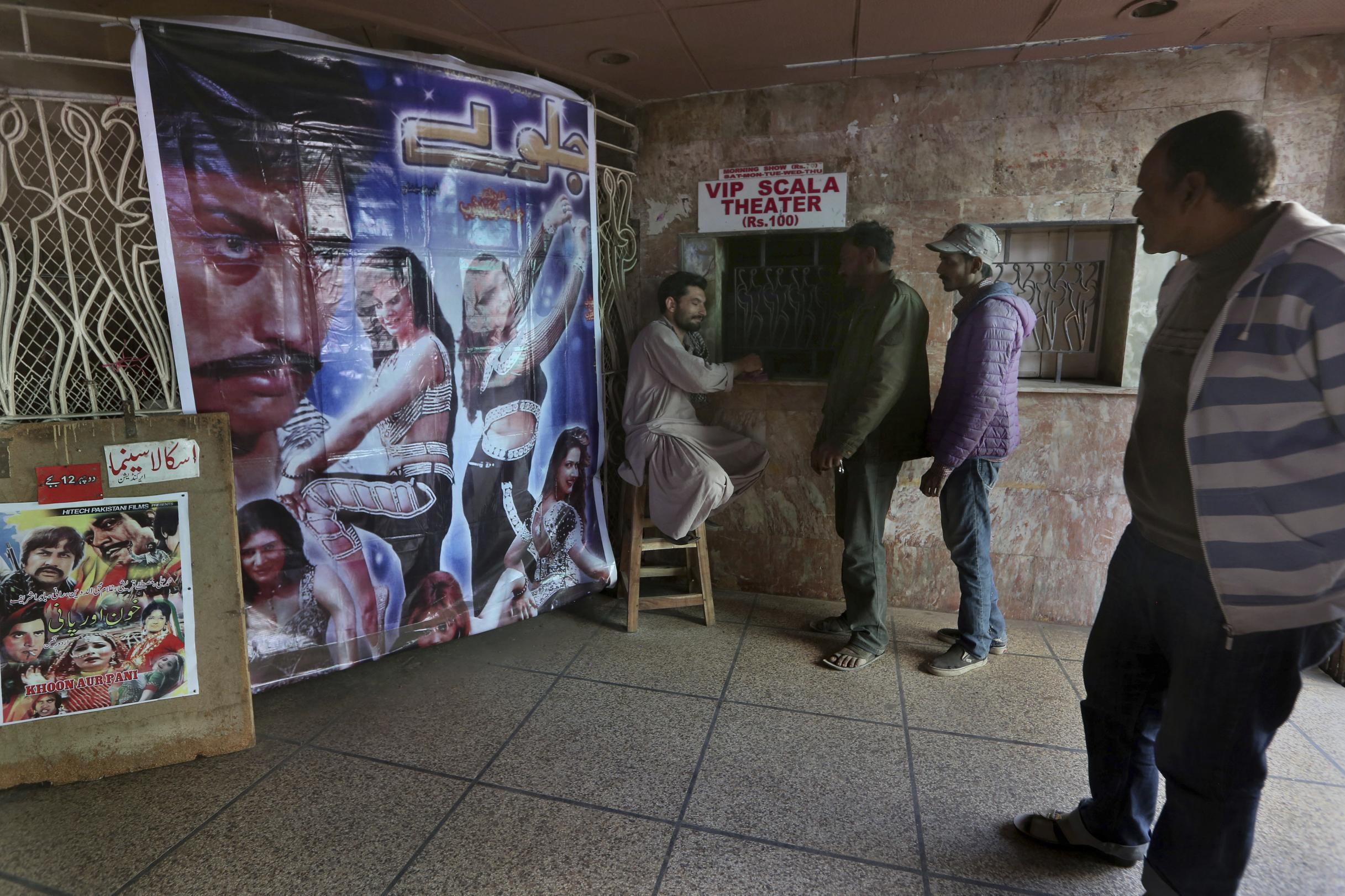
According to Sara, Taseer’s daughter, it is crucial to note who the blasphemy law benefits to understand why it’s so fiercely protected. “The moulvis (Islamic scholars) have a lot of power with this instrument of mob violence. That’s why when my father wanted to cut the blasphemy law, they realised it was actually a power struggle, because their power was being threatened directly.”
Following Taseer’s murder, his assassin Qadri became the poster child for religious fanatics overnight. His execution and subsequent lionisation gave rise to a new Islamist political group, the Tehreek-e-Labbaik (TLP), led by firebrand cleric Khadim Hussain Rizvi. Its flagship policy is to protect the blasphemy law at all costs.
While Islamist parties have never done well in Pakistan electorally, the TLP is known for its ability to mobilise in large numbers, regularly staging mass protests and sit-ins. Prime minister Imran Khan has come under continued criticism for capitulating to extremists like the TLP on issues such as blasphemy, whether in order to remain electable or out of fear of their street power.
Despite efforts to crack down on them behind the scenes, the TLP continues to wield blasphemy as a tool to stoke up followers. As of February 2020, the TLP’s latest cause is protesting against a Pakistani movie called Zindagi Tamasha (Circus of Life), which they have deemed blasphemous. The filmmaker has received death threats, and the movie’s release has been halted until review by an Islamic council.
According to Shaan: “The trajectory to change may not be a straight one. I don’t think the blasphemy law will be repealed. What usually happens in these cases is that other contravening laws are built around the blasphemy law to take the teeth out of it.” This could come in the form of introducing penalties for false blasphemy accusations.
Another way to foster change is to try and curtail religious extremism at its root. The majority of children in Pakistan are educated at madrassas, Islamic schools that teach almost entirely religious studies and rote-learning of the Quran. They are widely considered to be a hotbed of extremism. The government recently announced a plan to introduce vocational and technical learning in madrassas, and to introduce standard subjects such as English, maths and science. The new curriculum will be implemented gradually for the roughly 30,000 madrassas across the country, with the first batch due to take the new exams this year.
As mob mentality and religious fervour are at the crux of blasphemy accusations, moves to prevent future generations from being radicalised gives some hope for change. Societal change, if it happens, will be slow. In the meantime, the world must not forget the hundreds of people in Pakistani prisons jailed over false blasphemy accusations, and countless others whose lives have been irrevocably marred by them.
Join our commenting forum
Join thought-provoking conversations, follow other Independent readers and see their replies
0Comments